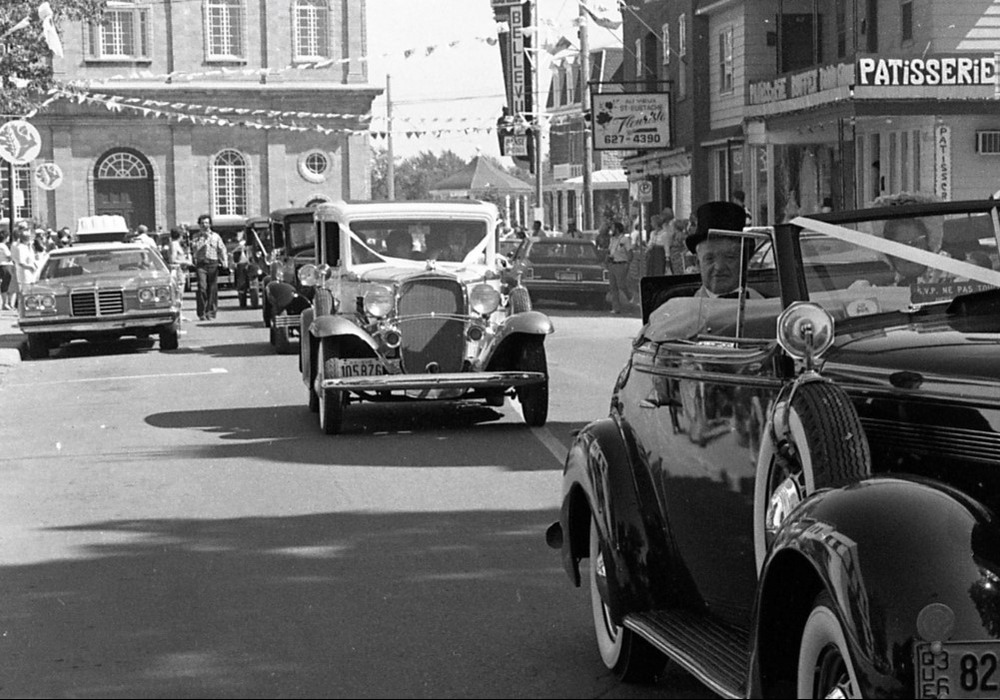Most visitors to the little village of Wawanesa, Manitoba – population 550, and located 50 km south east of Brandon – might find it difficult to believe that it is both the birth place and Head Office & Prairie Branch of one of Canada’s largest property and casualty insurers, The Wawanesa Mutual Insurance Company.
The town and insurance company that bears its name were built on vision and hard work. In 1889, the pioneering Story family arrived at the high banks of the scenic Souris River valley and decided that they would never find a more beautiful spot to settle. The little village was originally named “Sipiweske”, believed to mean “light through the trees” in the Cree language. The Storys were an enterprising and progressive family, and built the town’s first general store. Many other businesses and homes soon followed. The farming families who began arriving in 1879 were eager to support services close to their farms. The village was booming.
Mr. Story had a larger brick general store with living quarters above built in 1898, and it still serves as the local grocery store today. Mr. Story’s influence reached far beyond the town, however, and Museum staff recently discovered that Mr. Story was a signator to a document in Toronto that formed the United Church of Canada. The Story’s daughter, Evelyn Lett O.C., returned to the village in 1989 to be part of the village’s centennial celebrations.
The temperance movement changed the history of the village and the insurance company in two irrevocable ways. “Sip of Whiskey”, the anglicized pronunciation of the Cree name of the village, was considered unacceptable, and the name of the village was changed to Wawanesa. Alonzo Fowler Kempton chose Wawanesa for his new company’s home because he was considered unwelcome in the nearby town of Glenboro due to his overindulgence in “spirits”. It was in Wawanesa that he and Charles Kerr convinced 20 farmers to invest $20 each to begin a mutual insurance company, and the company began its long and successful history.
Kempton – founder & president of the new company – was a determined yet volatile visionary, and he guided the company for the first twenty-six years. Sadly, his problem with alcohol destined him to spend his final days in poverty, despite a generous pension. Successive leaders were astute and progressive, and able to adjust quickly to changing times. Adjusters recall that during the Depression of the 1930s they were not only expected to us


